5. Protracted Conflict and Fragile Contexts
Fragility and conflict pose significant challenges to the achievement of the Sustainable Development Goals. Most of the world’s extreme poor live in conflict affected areas and violent conflict drives most of humanitarian aid. Protracted conflict has also led to a surge in forced displacement and migration.
Our research provides insights into peacebuilding approaches that combine social, economic, cultural, and environmental dimensions. It can also inform institutional and legal frameworks to improve the delivery of humanitarian and development assistance.
Geographical focus
Colombia, Democratic Republic of Congo, Mexico, Ghana, Occupied Palestinian Territories, Morocco, Zimbabwe
UN Sustainable Development Goals
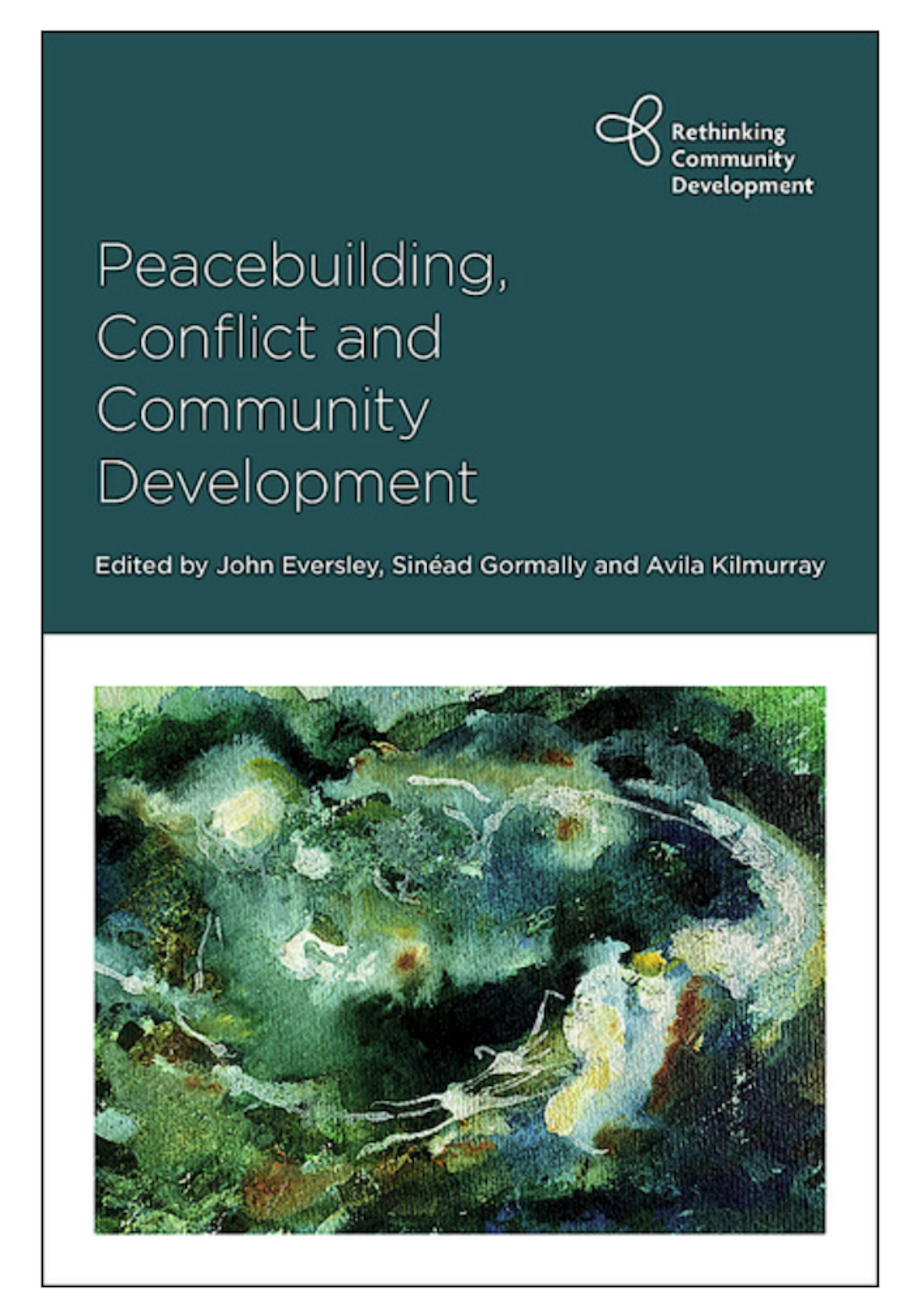
Peacebuilding, Conflict and Community Development
Book
This book provides insights on the drivers of conflict and the role that communities play in bottom up peacebuilding approaches
- Buy book from Policy Press
- Find out more about this research project here
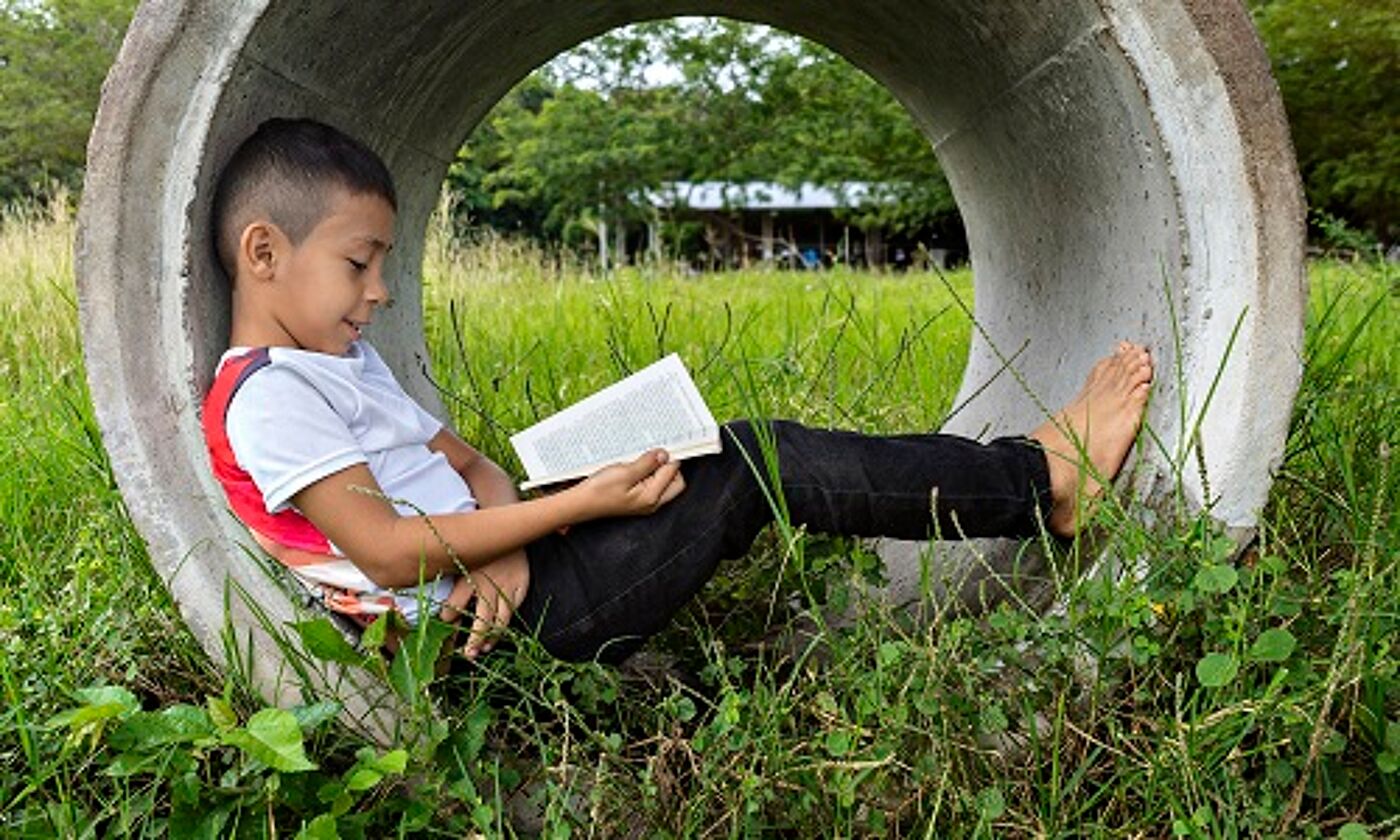
Cultural interventions through children's literature and arts-based practices in times of disaster
Insight The importance of arts and culture in post-disaster responses. Why local cultural resources are a key community asset that can make significant contributions to post-disaster recovery.
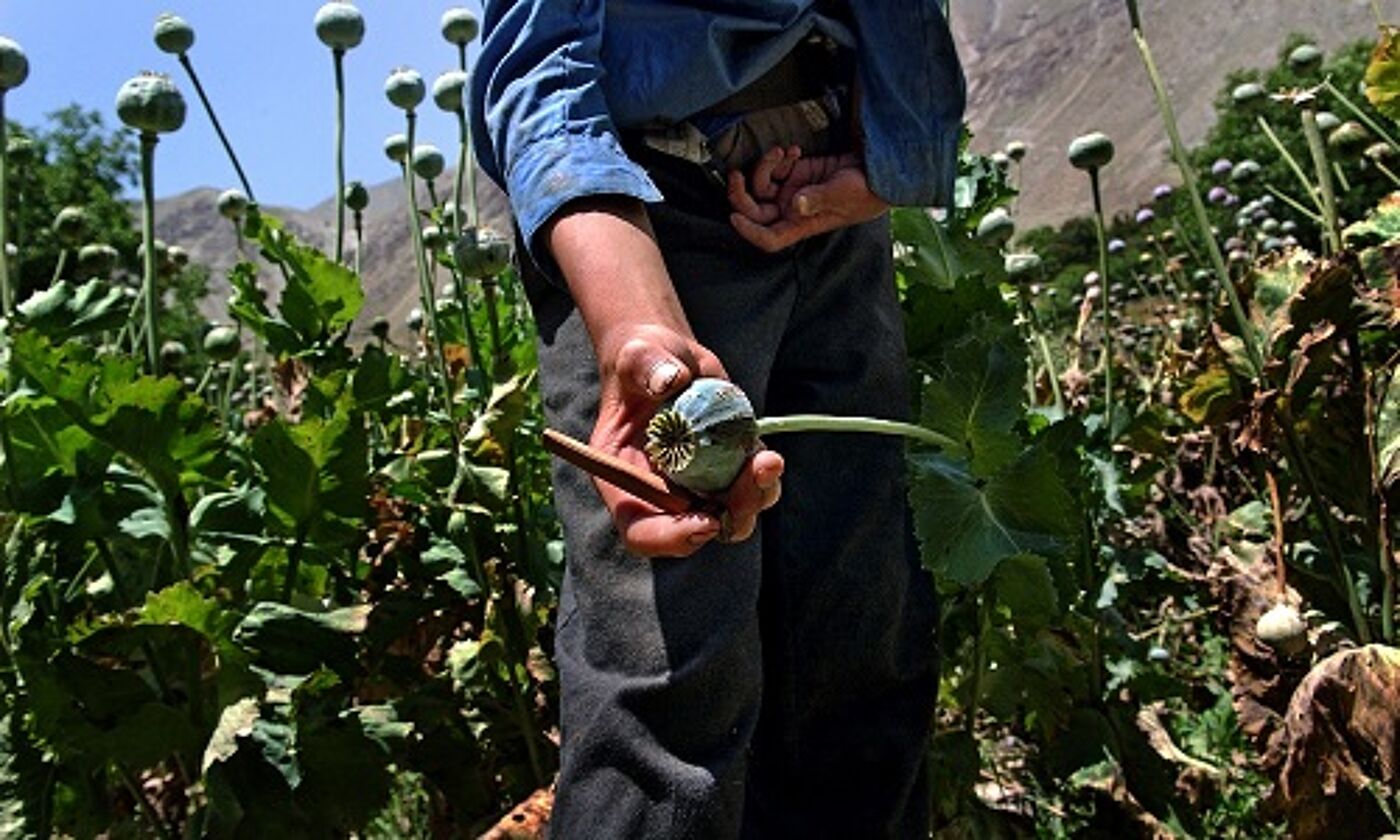
The Development Implications of Illicit Economies: the Rise of a Policy and Research Agenda
Insight Article outlining key themes of the illicit economies and development research and policy agendas.
Image credit: UN Photo/UNODC/Zalmai. Photo ID 507016. 01/07/2005. Afghanistan. Published on Flickr | CC BY-NC-ND 2.0


Youth-led peace: The role of youth in peace processes
Insight Reports that examines the barriers to and strategies for youth-inclusive peace processes
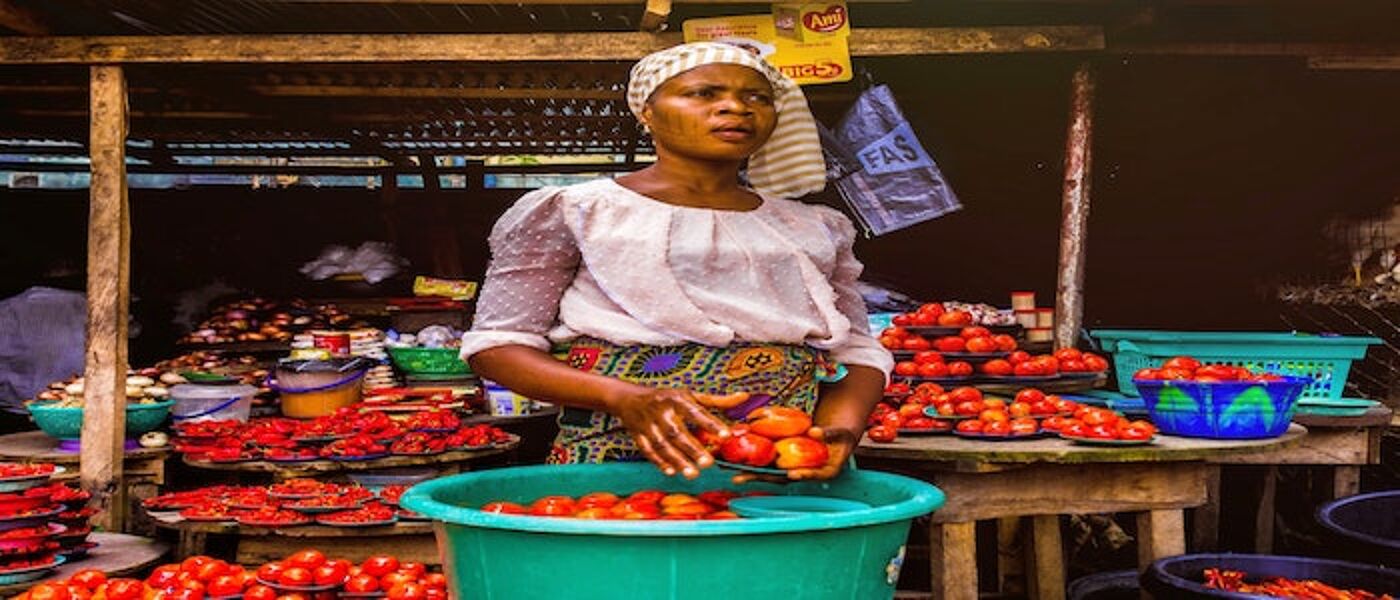
Urban Informal Economies
Insight This article explores the role of informal economies in peacebuilding processes
Priority Challenge 5 Projects
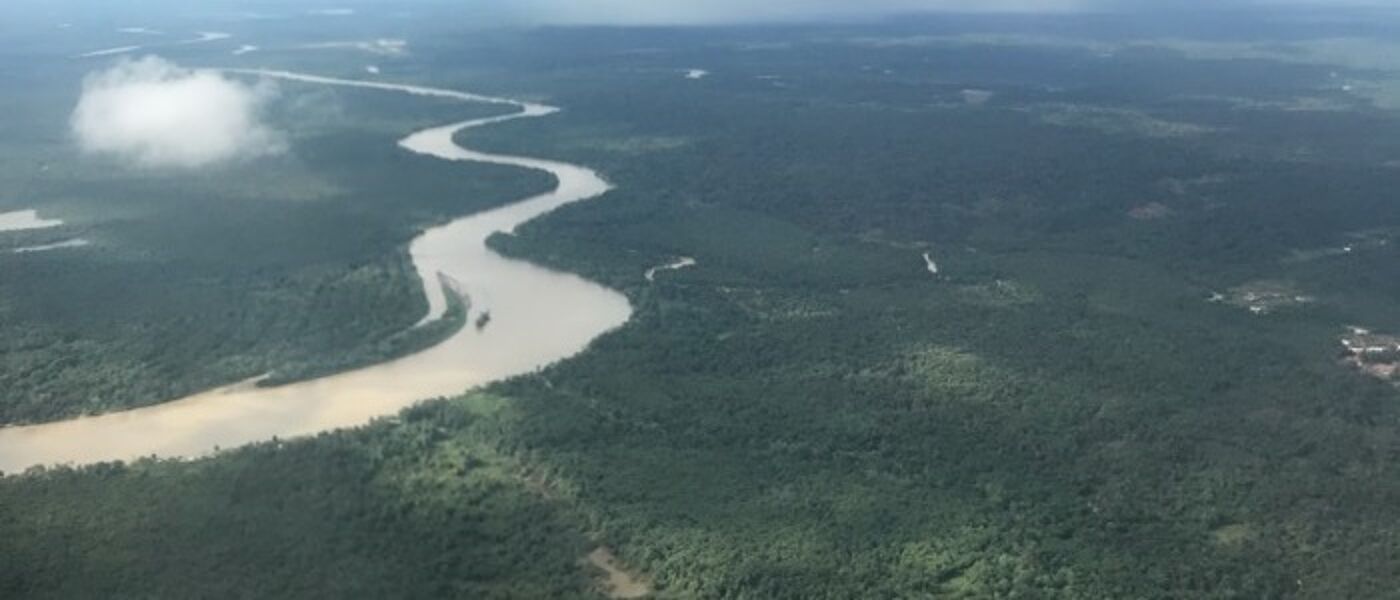
Colombia River Stories
Project Title: Colombia River Stories: improving socio-environmental understandings for building sustainable peace
Geographical focus: Colombia's Atrato River
The project will provide data on the effects of mining and conflict in Colombia’s River Atrato. Researchers and communities will also develop stories articulating Atrato’s history, culture and pathways to sustainability. This region is considered a biodiversity hotspot and most livelihoods depend on the river. Illegal mining and armed conflict are threatening ecosystems and the lives of indigenous peoples and afro-Colombian communities.
Project Lead: Prof Mo Hume
Project Website: Colombia River Stories

Endless Conflicts
Project Title: The Law of Protracted Conflict: Overcoming the Humanitarian-Development Divide (Endless Conflicts)
Geographical focus: TBC
The project investigates the extent to which international law enables more integrated, sustainable and accountable humanitarian and development assistance in fragile contexts. The traditional conceptualization of humanitarian assistance as short term relief and development assistance as long term socio-economic programmes for the post conflict phase has failed to address the needs of communities in situations of protracted conflict. The research will contribute to the current understandings of challenges involved in shifting towards greater development and humanitarian policy integration. Insights will also help actors to plan and implement interventions that bridge the humanitarian -development divide.
Project Lead: Ms Giedre Jokubauskaite
Project Website: Endless Conflicts

CUSP Network
Project Title: Culture for Sustainable and Inclusive Peace (CUSP)
Geographical focus: Ghana, Mexico, Occupied Palestinian Territories, Morocco, and Zimbabwe
The project aims to strengthen arts and cultural institutions in countries experiencing situations of protracted conflict to identify and share strategies for conflict transformation. It focuses on the needs and experiences of young people especially women and girls. Findings will inform art and cultural policies to promote peace in fragile contexts. Geographical focus: Ghana, Mexico, Occupied Palestinian Territories, Morocco, Zimbabwe.
Project Lead: Prof Alison Phipps
Project website: CUSP Network

Educational Peace Building
Project Title: Educational Peace Building in Medellin and Acapulco
Geographical focus: Medellin, Colombia and Acapulco, Mexico
The research will investigate the policies and practices adopted in Medellin to reduce drug related crime and violence. It will use lessons learnt to inform responses to the crisis of violence in Acapulco. The project will use participatory methods involving policy makers, civil society and young people to create a tailored peacebuilding model.
Project Lead: Prof Evelyn Arizpe
Project Website: Educational Peace Building in Medellin and Acapulco
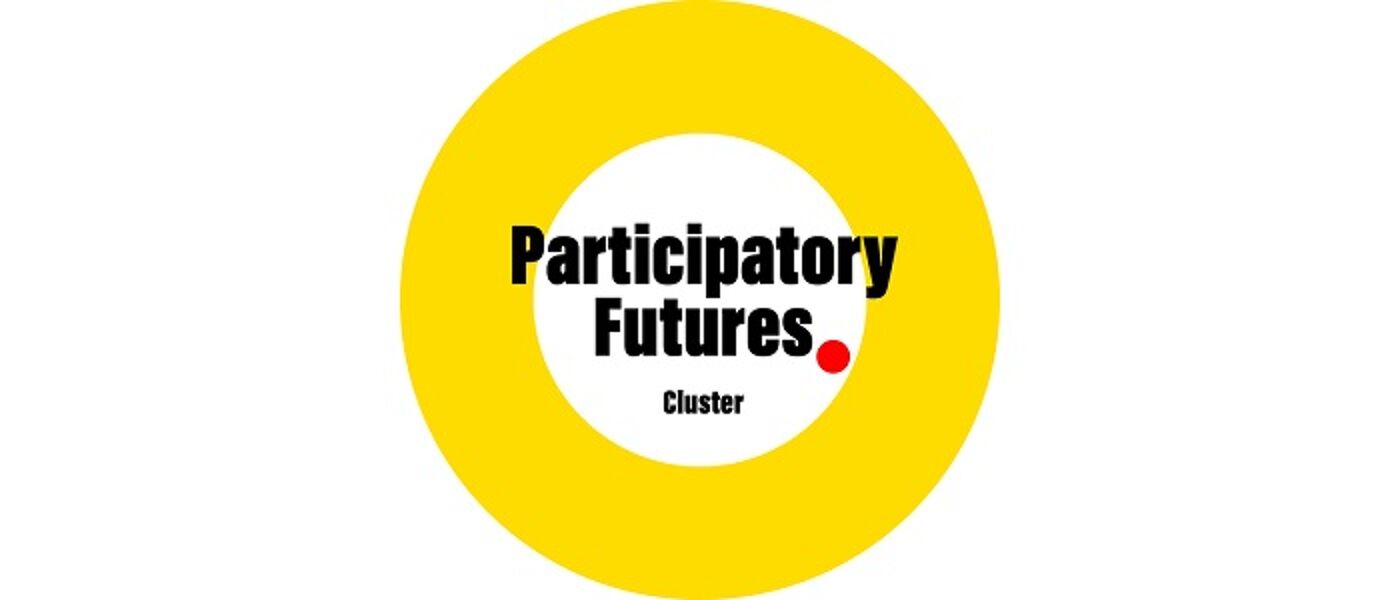
Participatory Futures
Project Title: Participatory Futures in Africa
Geographical focus: Botswana, Malawi, Nigeria, Uganda, Ethiopia, Tanzania and Scotland
The goal is to evaluate the way partnerships have been conceptualised and practiced across different research contexts. The project will generate new insights and perspectives contributing to more effective and equitable partnerships
Project Lead: Dr Mia Perry
Project website: Participatory Futures

The Arts of Inclusion
Project Title: The Arts of Inclusion: Examining the role of performing arts for peace education in conflict
Geographical focus: Colombia, Mexico, Brazil
The focus of the project is to establish a network of academics and activists to share and build expertise to critically assess the role of performing arts practices for peace education and inclusion in conflict settings across a range of Latin American countries. The network is a partnership between academics with interdisciplinary expertise based in Colombia, Mexico, Brazil and the UK.
Project lead: Oscar Odena
Website: TAI International

